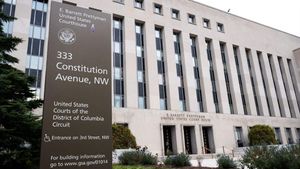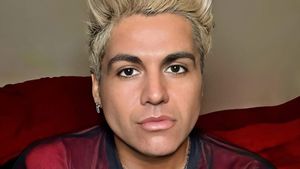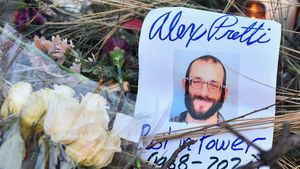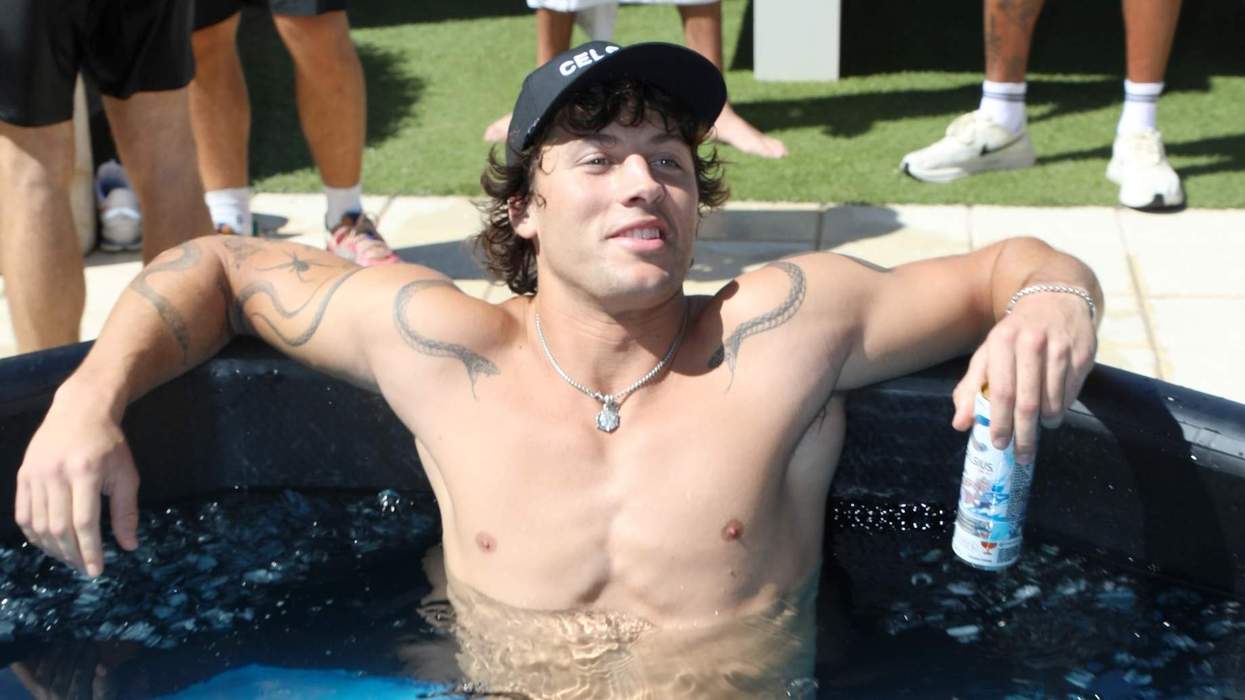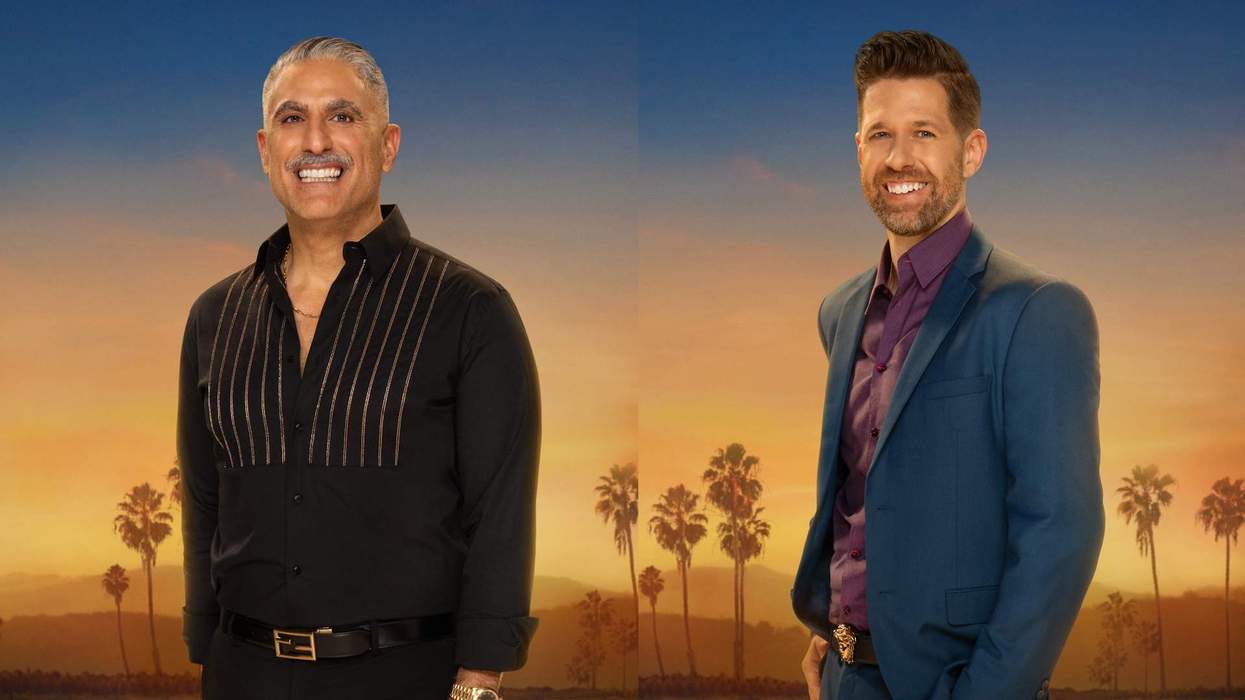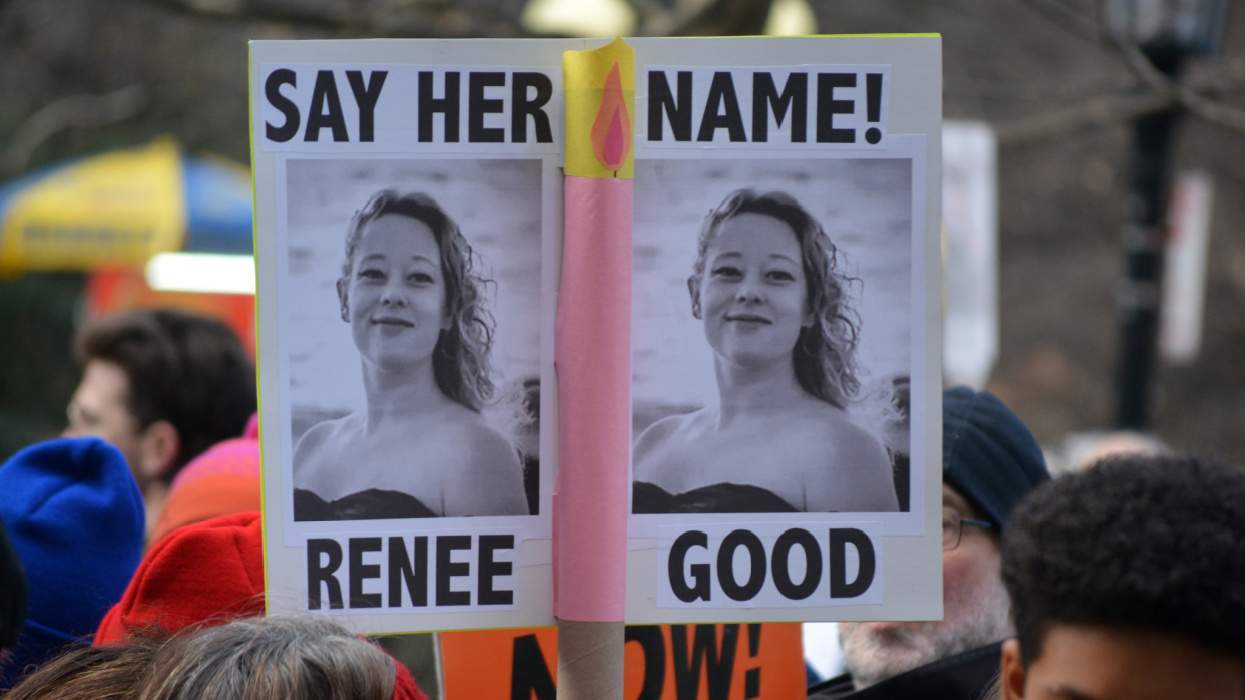After 125 days in silence, detained inside an El Salvador concrete fortress built to disappear people, Andry Hernández Romero is finally home in Venezuela, alleging he was tortured, sexually abused, and denied food while detained under a Trump administration deportation order that erased him from society.
“It was an encounter with torture and death,” Hernández, 32, told journalists at his family home in Capacho on Wednesday, describing how he and others were beaten, shot with rubber projectiles, and confined in dark cells, before they were suddenly freed on Friday. “Many of our fellows have wounds from the nightsticks; they have fractured ribs, fractured fingers and toes, marks from the handcuffs,” he said, according to Reuters. “Others have marks on their chests, on their face ... from the projectiles.”
Related: Gay asylum seeker Andry Hernández Romero remains in danger, advocates warn
Hernández was one of more than 250 Venezuelan men expelled under the revived Alien Enemies Act, a wartime-era law that President Donald Trump used to deport people without hearings or asylum screenings. Though he entered the United States legally at the San Diego border, appeared for an appointment the U.S. government gave him, and passed an initial credible fear interview, federal agents cited his tattoos—crowns reading “mom” and “dad”—as alleged proof of membership in the Tren de Aragua gang, something his lawyers continue to deny. He had no criminal record.
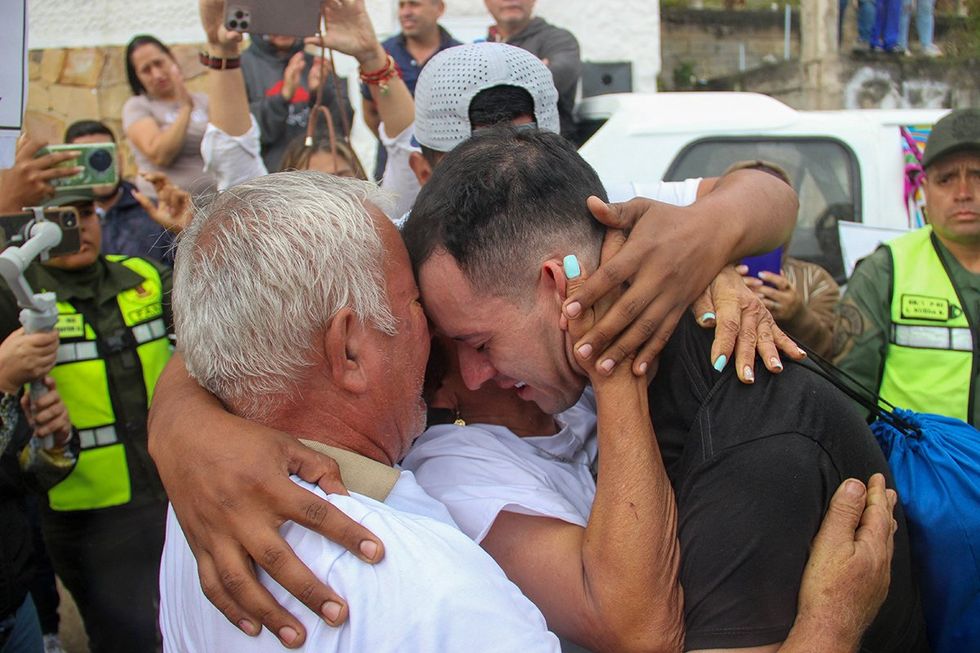
In a televised interview aired on Venezuelan state media Monday, Hernández alleged sexual abuse by guards. The Venezuelan attorney general has said his office will investigate Salvadoran President Nayib Bukele over the reported torture of Venezuelan nationals, Reuters reports. The U.S. Department of Homeland Security dismissed the abuse claims Tuesday, calling the deported men “criminal, illegal gang members,” Reuters reports.
Related: Gay asylum-seeker’s lawyer worries for the makeup artist’s safety in Salvadoran ‘hellhole’ prison
Speaking to San Diego ABC affiliate KGTV, Melissa Shepherd, an attorney with the Immigrant Defenders Law Center, said, “While we’re happy that he’s no longer in the torture prison, we are worried for his future.” Shepherd, who represents Hernández and other deported men, added, “They were physically, verbally, and psychologically tortured.”
Lindsay Toczylowski, ImmDef’s cofounder and CEO, told The Advocate in a separate interview Monday that Hernández’s case illustrated “a really dark foreshadowing of where we’re going as a country if this is allowed to stand.”
“These are people who were sent with no due process to be tortured, only to then be used as political pawns in a prisoner release that none of us were privy to before it happened, that none of them consented to being a part of,” she said.
Related: Kristi Noem won’t say if gay asylum-seeker deported to El Salvador’s ‘hellhole’ prison is still alive
Toczylowski said Hernández remains in danger in Venezuela, the very country from which he fled persecution. Her team is exploring third-country relocation, but options may be limited by his lack of freedom of movement under the regime of Nicolás Maduro.
Still, Hernández said he was moved to learn that people had rallied in support of him during his terrible ordeal. “It fills me with so much peace, so much comfort, so much tranquility that I was never alone, from day one,” he told Reuters. “There were many people who worried for me.”


